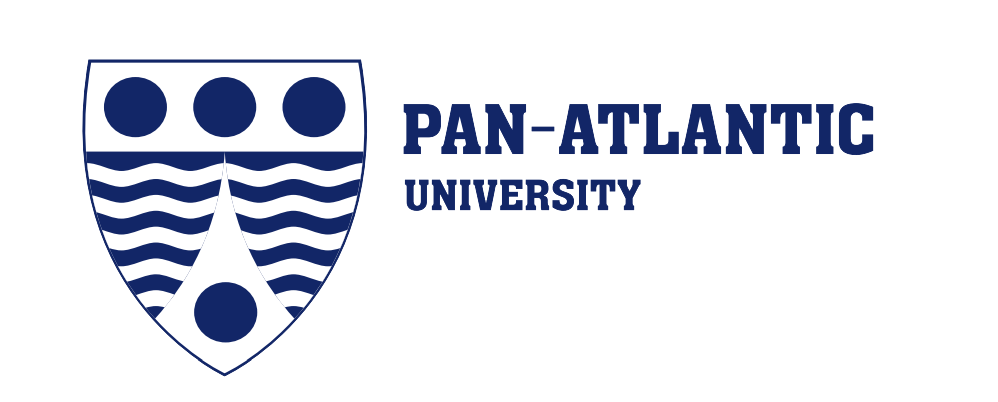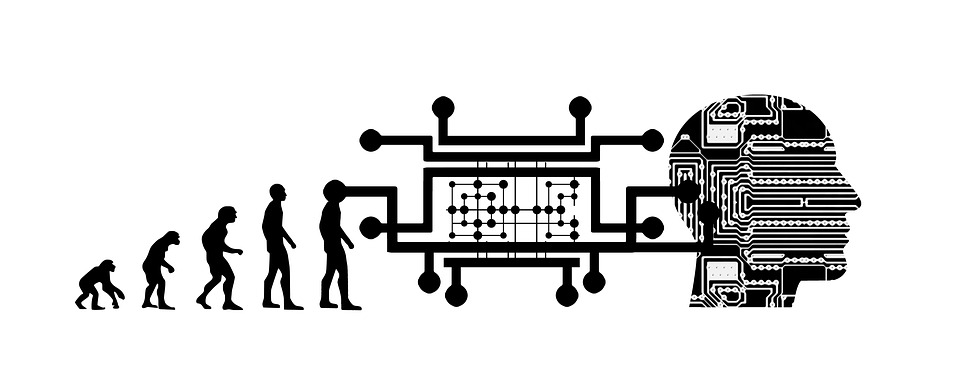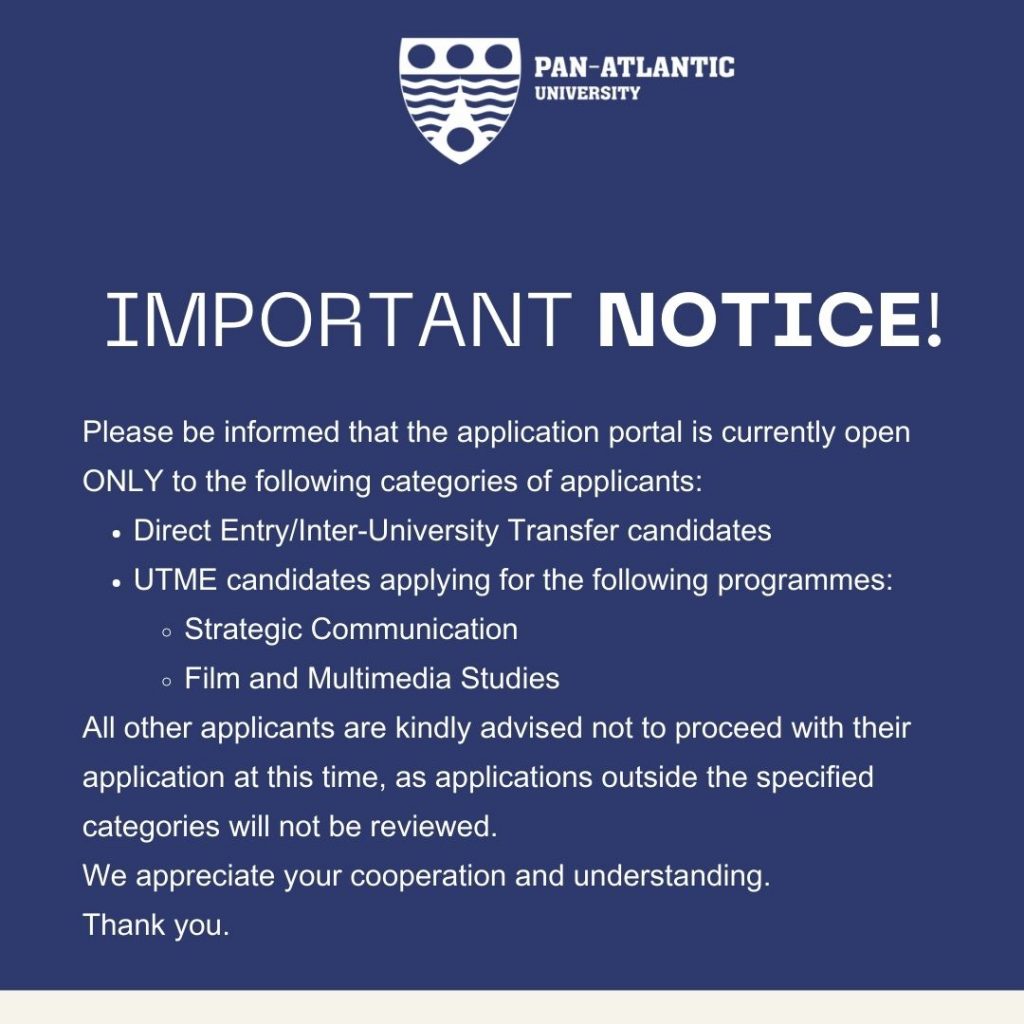Author: Tolu Olagunju
The emerging world of overall computation and connectivity is not only magical but simply irresistible, however, the more we are demanding of these novelties the more the demands it placed on us as humans. Emerging technology is perhaps far more intelligent with no human limitations but perhaps more chaotic and inhumane. In truth, on one side digital technology is a haven but on the other a Frankenstein monster that requires intentionality and humanizing process in order to prevent humans from being a victim of their creation.
The need for taming the monster in digital technology should be as individuals, societies, and organizations, while a hybrid of all the approaches is appropriate, the process, however, begins with the individual. The demands of digital technologies are real and enormous yet not easily noticeable due to their glacial pace in taking tangible form although faster than we can imagine.
Human existence has always been information-enabled, life is sustained by and produces information. However, while information was locked-up by factors such as space, time, culture, power, institutions, and the likes in the past, the kind of openness and access that define emerging technology is unprecedented. What this means is information and information carriers (media) that define human existence and civilization are not only becoming fluid, but generally invincible, and crossable due to the ubiquitous nature of digital technology.
Imagine a world with no difference in boundaries, class, race, or language; that is exactly what the future of digital technology looks like; this simply implies a new kind of humans with a new language, culture, currency, and other yet to be imagined novelties that would be founded under a unitary technologically enabled intelligence that is relatively in its formative phase. These are not just disruptions but in them lies the business of the future.
Eras of great disruptions have always been with certain levels of existential uncertainty of which the emerging technology is not an exception. In a situation like this, it becomes very important that users define a sense of identity by taking stock of their personalities in terms of history, faith, values, and direction, in other words, having a great sense of self-awareness and authenticity is essential for survival in a crisis.
This might also imply understanding one’s past and destination, for instance, as Africans, we must define and come to terms with what it really means to be Africans, first by understanding the African stories as told by Africans; where we were as a people, where were, and where we are headed. The new era of digital tech is a sharing economy, and If Africa or any nation does not join at this feeding phase they will automatically be on their way to extinction with no chance of survival in the near future of overall computation and connectivity.
This applies to individuals, as well as organizations. The solution is no way in demonizing tech or worst abstaining from it which is not only possible but also counterproductive. As Andrew Keen opined in his book, How to fix the future: ‘The first step in fixing the future of emerging technology is to avoid the trap of either idealizing or demonizing it. The second step is much trickier, it’s remembering who we are. If we want to control where we are going, we must remember where we’ve come from.’



